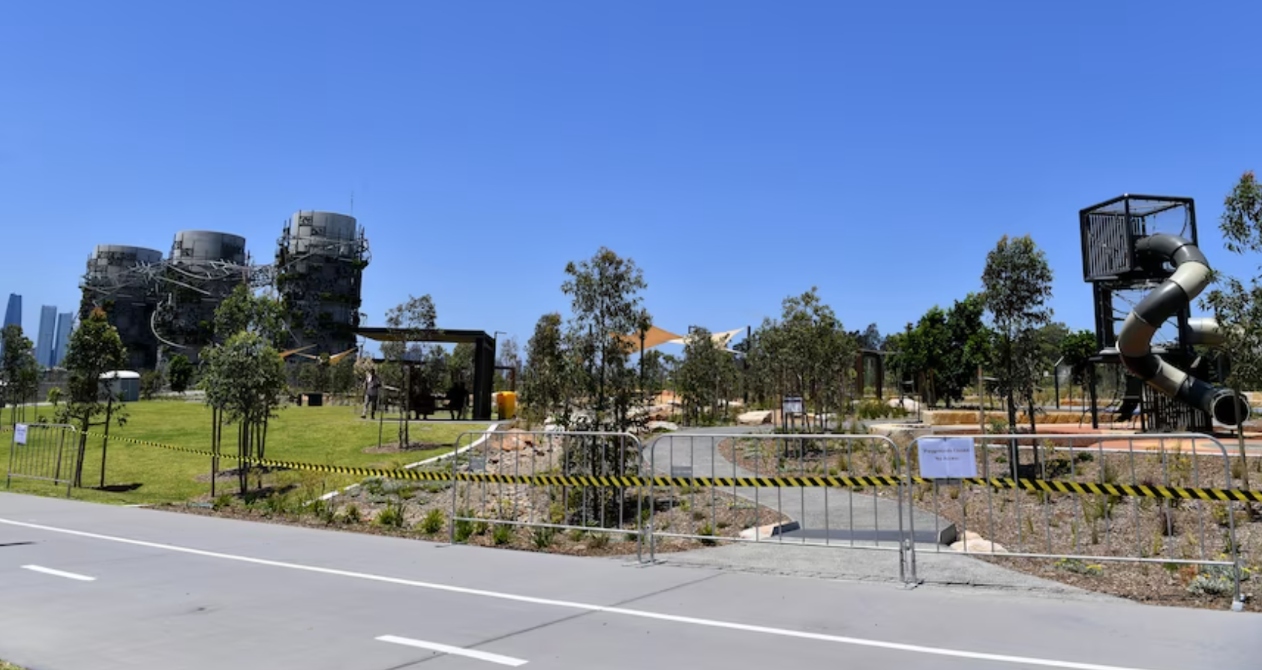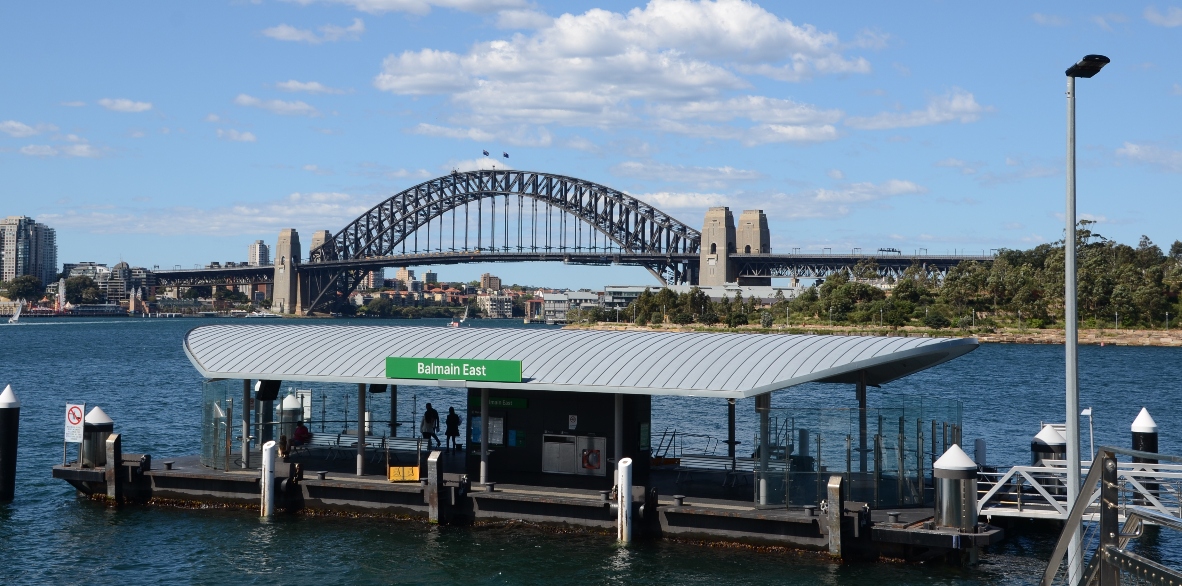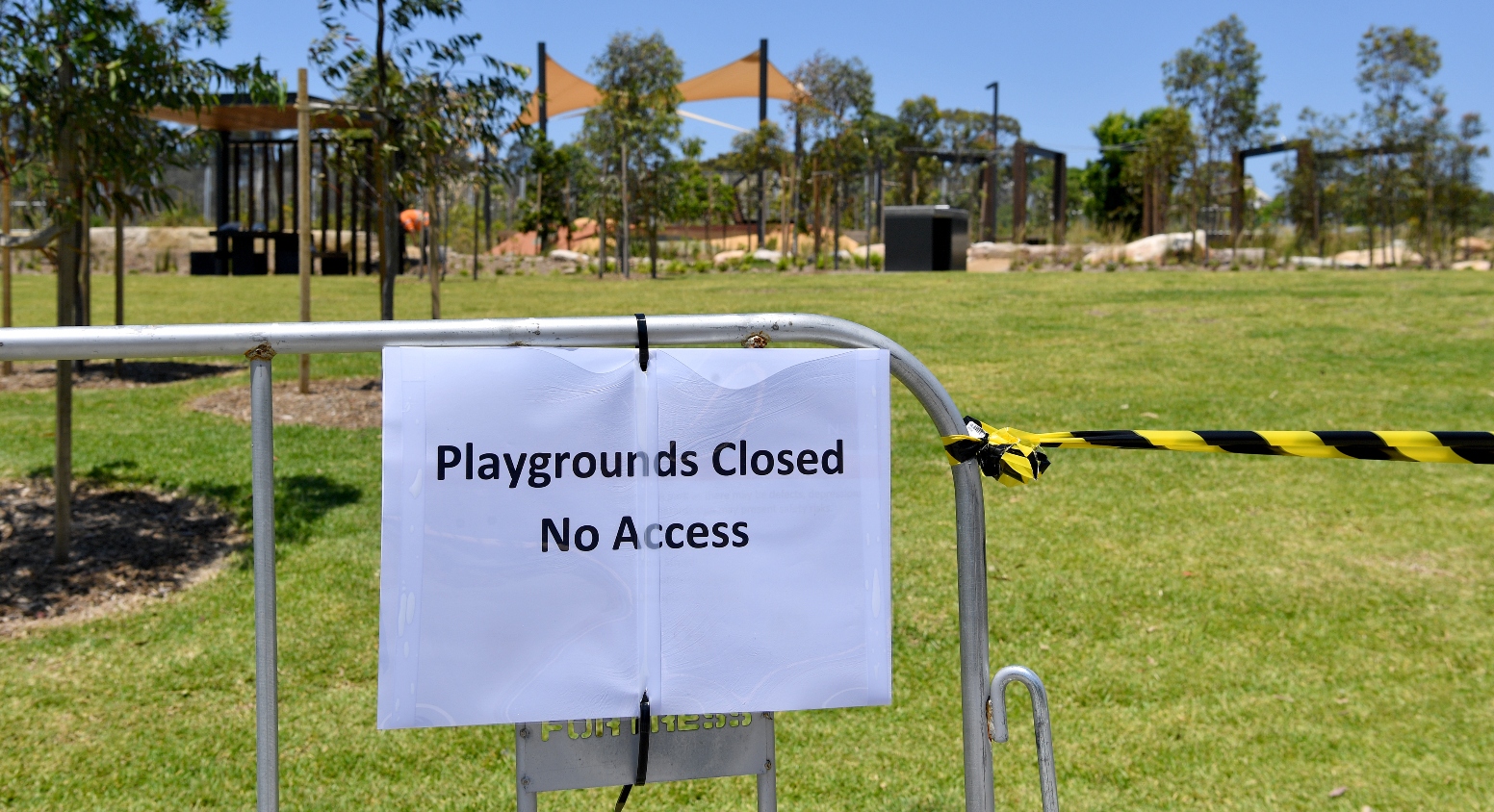
Dementia rates expected to spike in Western Sydney

Image: Western Sydney University researchers have highlighted Western Sydney as a high risk area for dementia. Photo: Unsplash.
By ZEERAK AYAZ and THOMAS FLEMING
Top researchers at Western Sydney University have predicted that Western Sydney could represent a new hotspot for rising rates of dementia in NSW. Currently, one person across the world develops dementia every three seconds, and Dr Joyce Siette says that Western Sydney’s population could be particularly vulnerable to the disease.
“Western Sydney actually has the highest anticipated prevalence rates of dementia in all of NSW, ” Siette said.
Dr Siette heads a new program of dementia care at the university’s MARCS institute for Brain, Behaviour and Development, which aims to enhance knowledge and awareness of the disease and its modifiable risks. This involves a program called Brain Bootcamp, which is designed to develop new habits for healthy ageing.
What is dementia, and what can we do to prevent it?

Dementia is a broad term which describes symptoms caused by brain disorders such as Alzheimer’s and Lewy body disease, vascular and frontotemporal dementia . Dementia Australia lists memory loss, difficulty in completing tasks and confusion about time and place among the symptoms.
According to a study published in the Australasian Journal on Ageing and Culturally Diverse Australians, recent reports have suggested that as much as 40 percent of dementia risk can be attributed to lifestyle factors.
It also said that nearly one in three individuals older than 65 years belong to culturally and linguistically diverse backgrounds.
“Communities in Western Sydney typically have lower awareness of dementia prevention or even the fact that it is preventable,” Dr Siette said.
“They also have very high-risk factors such as you know, obesity, low physical inactivity, not eating healthily.”
She says Brain Bootcamp might be the solution to raising awareness of dementia in multicultural communities.
“Dementia is a very complex problem. Some people call it a wicked problem. In order to tackle this, you’re going to need many people from different disciplines. And so Brain Bootcamp is a program that combines psychology, public health, linguistics, computer science; disciplines from national and international groups as well as involvement from community organisations such as councils, aged care providers, and not for profit peak bodies.”
Dr Siette says the steps undertaken within this program are quite simple. A box is delivered to older adults’ doorstep, who can then engage with thought boosting activities.
Dementia is “avoidable” says volunteer










